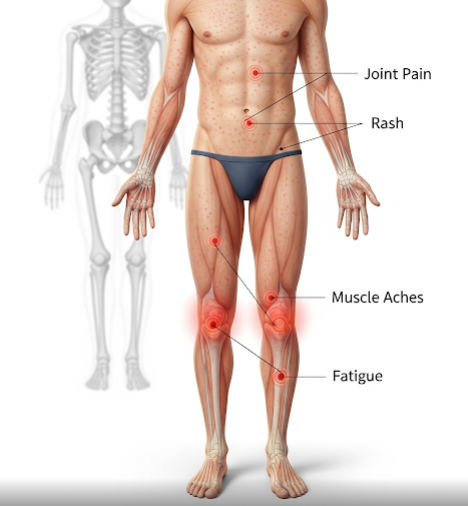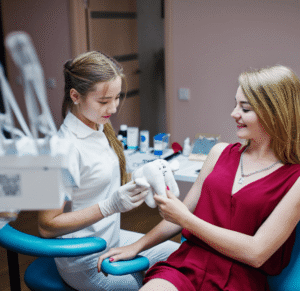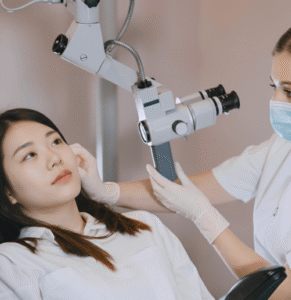Overview
Ross River virus infection is a mosquito-borne viral illness primarily found in Australia and surrounding regions. It causes a disease known as epidemic polyarthritis or Ross River fever, characterized by joint pain, fatigue, and rash. While the virus is not commonly reported in Korea, awareness and preparedness are important due to international travel and climate changes affecting mosquito habitats.
What is Ross River Virus Infection?
Ross River virus infection is caused by the Ross River virus (RRV), transmitted to humans through bites of infected mosquitoes, particularly species like Aedes and Culex. The infection leads to inflammation in joints and muscles, causing symptoms resembling arthritis. It is generally non-fatal but can cause prolonged discomfort and disability.
Symptoms
Symptoms usually appear 7 to 10 days after a mosquito bite and can include:
- Joint pain and swelling, especially in wrists, fingers, ankles, and knees
- Muscle aches and fatigue
- Fever and headache
- Skin rash, often widespread and blotchy
- Enlarged lymph nodes
- Muscle weakness and stiffness
Causes
Ross River virus infection is caused by the Ross River virus, transmitted by mosquito vectors infected after biting infected animals such as marsupials. Humans contract the virus via mosquito bites in endemic areas. It is not transmitted from person to person.
Risk Factors
Risk factors include:
- Living in or traveling to endemic regions such as Australia and the South Pacific
- Spending time outdoors during mosquito active periods (dawn and dusk)
- Areas with standing water that serve as mosquito breeding grounds
- Lack of mosquito protection measures like repellents or nets
Complications
Complications are rare but can include:
- Prolonged joint pain lasting months to years
- Fatigue and decreased quality of life
- Secondary bacterial infections due to skin lesions
Prevention
Preventive measures include:
- Using insect repellents containing DEET or picaridin
- Wearing protective clothing covering skin
- Eliminating standing water to reduce mosquito breeding
- Using bed nets in mosquito-prone areas
- Avoiding outdoor activities during peak mosquito hours
Treatment Options in Korea
While Ross River virus infection is uncommon in Korea, Korean healthcare providers manage suspected cases with supportive care and monitoring.
1. Symptom Management – Use of analgesics and anti-inflammatory drugs to relieve joint pain and fever.
2. Rest and Hydration – Encouraging rest and fluid intake to support recovery.
3. Physical Therapy – Korean rehabilitation centers may offer physiotherapy for prolonged joint stiffness or pain.
4. Diagnostic Support – Serological testing and PCR available at Korean infectious disease centers for accurate diagnosis.
5. Public Health Measures – Korean health authorities monitor mosquito populations and provide education on prevention in travelers.
6. Leading Korean Hospitals for Infectious Disease Care
- Seoul National University Hospital – Infectious Diseases Department
- Asan Medical Center – Tropical Medicine Unit
- Samsung Medical Center – Infectious Disease Clinic
- Korea University Medical Center – Infectious Disease Division













